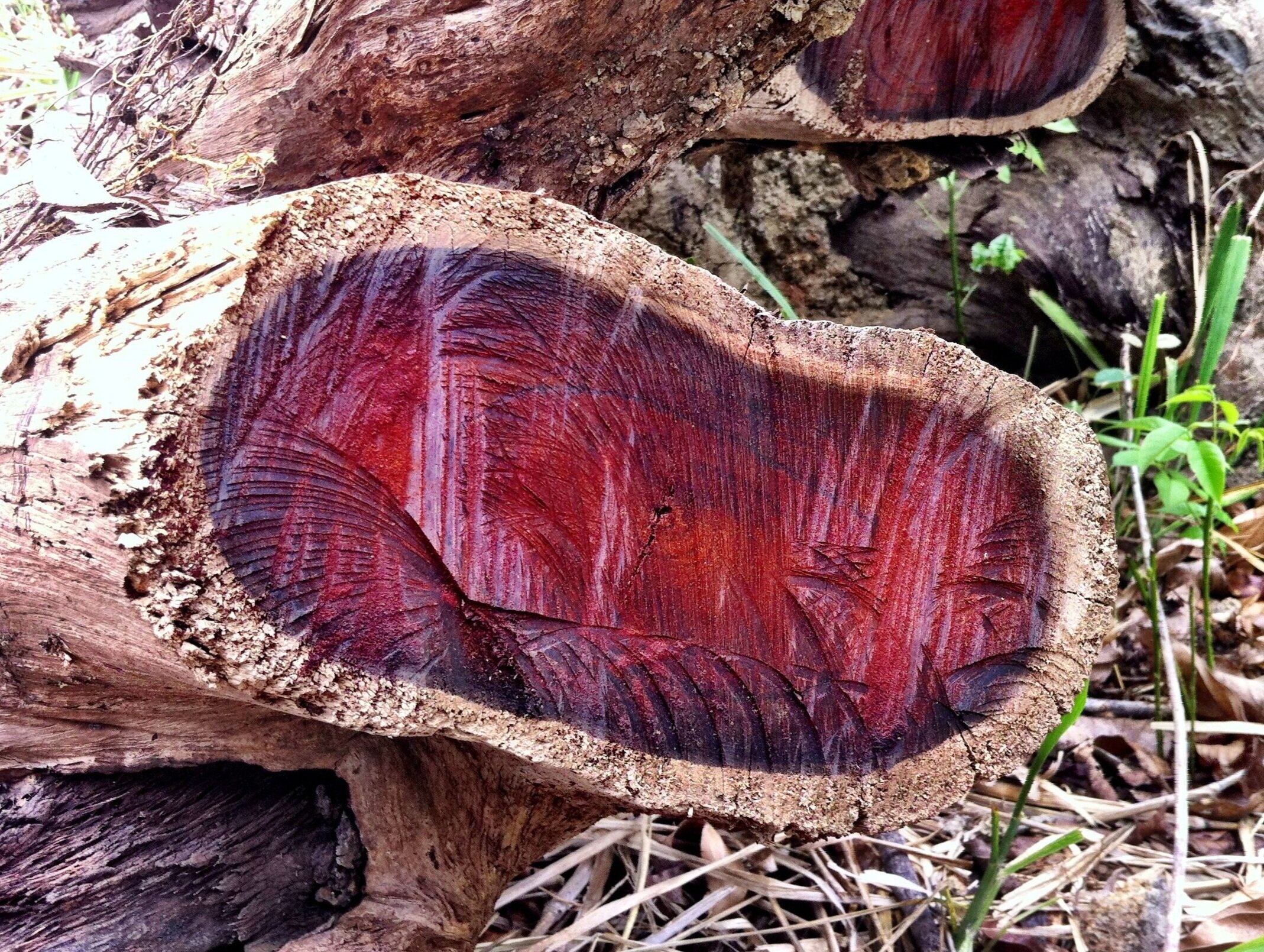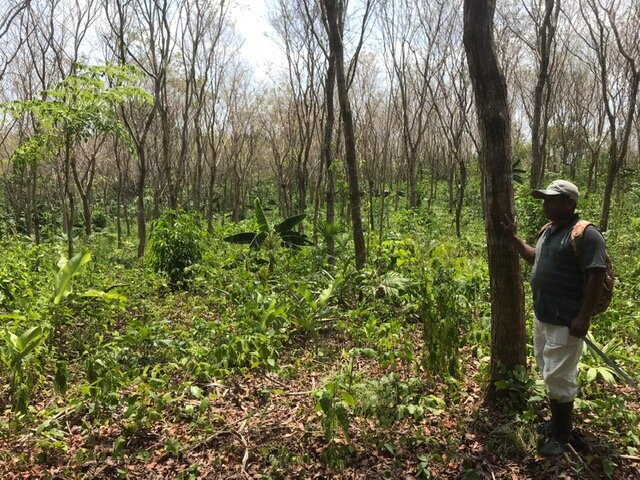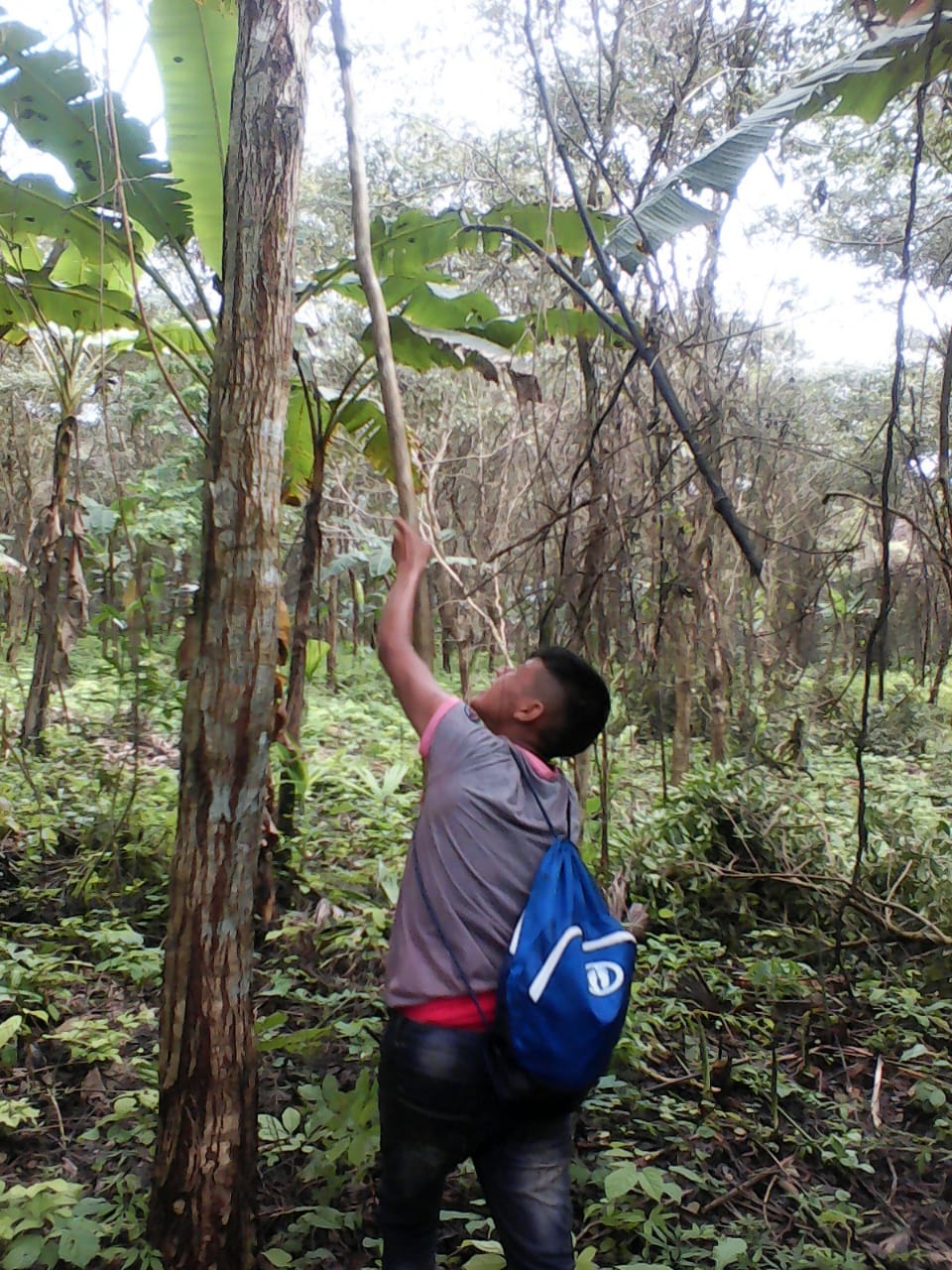Balsawood bust and parallels to Cocobolo in Panama
/Cocobolo wood
In a recent edition of the Economist, I read about a boom-bust scenario related to the harvest of Balsa wood for wind turbine blades. Hordes of loggers converged on previously uninteresting indigenous communities searching for Balsa wood, and those who could help them find it and log it. After booming for a little over a year though the bust finally came and left behind environmental and societal scars.
Panama’s Darien region—where Planting Empowerment’s forests are located—suffered a similar boom-bust related back in 2012-2013. Outsiders bulldozed into the forest searching for Cocobolo (Rosewood), eventually leading to a clash between illegal loggers and indigenous leaders that left a logger and patrol member dead. We remember seeing Rosewood trees ripped out of the earth, even the roots, to get every bit of the blood-colored heartwood used for making fine furniture and instruments.
Rosewood is not cultivated widely in plantations, and it takes a lot longer than Balsa trees to reach harvestable size. Balsa has a significant amount of plantations dedicated to its production in Ecuador and only takes 5-7 years before harvest.
Part of the reason for the Balsa bust was the creation of a synthetic foam that replaced the use of Balsa in windmill blades. This foam has the potential to reduce the long term demand for Balsa wood, meaning less Balsa is cultivated, and increased likelihood of the available land to convert into cattle pasture. From our perspective, we would rather see sustainable economic demand for Balsa wood (meaning trees growing and carbon eventually locked up in windmill blades) than have the demand replaced with a synthetic alternative. While a monoculture Balsa plantation isn’t as good as a forest, it is much better than cattle pasture and we would hate to see the plantations converted to cattle pasture for lack of demand.
For the moment, the Balsa market seems to have corrected itself, and we hope that Balsa wood can be produced at scale sustainably. Controlling the hordes and intermediaries looking for a quick buck will be key.




